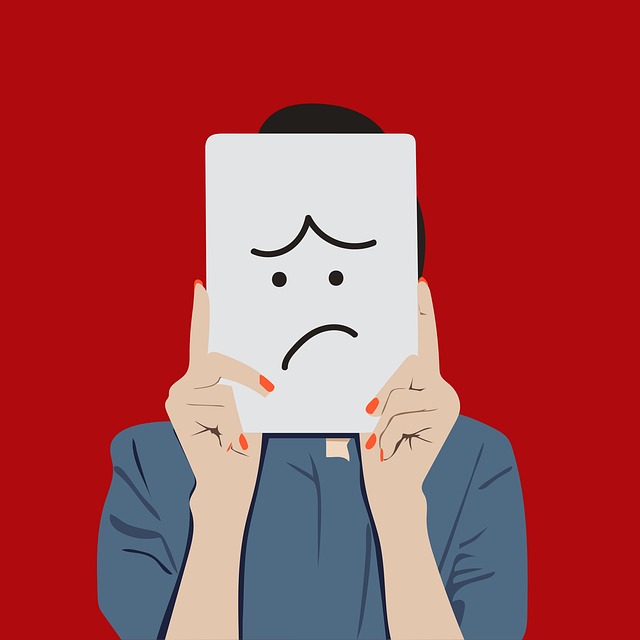Cold plunges, or cold water immersions below 59°F (15°C), have gained popularity as an alternative therapy to reduce stress and anxiety. They calm the nervous system by reducing stress hormones like cortisol and adrenaline, stimulating the vagus nerve for relaxation, and enhancing natural anti-inflammatory responses. Regular cold plunges are recognized as effective for managing anxiety and promoting mental well-being, making cold water therapy a valuable tool for stress relief and relaxation. Scientific studies support their benefits in lowering cortisol levels, reducing symptoms of both anxiety and depression, offering an accessible and invigorating way to combat stress.
Discover the powerful benefits of cold plunges in reducing stress and anxiety. From understanding the concept of cold water therapy to its scientific backing and real-life success stories, this article explores how incorporating cold plunges into your routine can enhance mental health. Learn about the calming effects of cold exposure and why it’s becoming a game-changer for stress relief, offering a vibrant and effective alternative to traditional anxiety management methods.
Understanding Cold Plunges and Their Impact on Stress and Anxiety
Cold plunges, or cold water immersions, have gained popularity as an alternative therapy to reduce stress and anxiety. This practice involves briefly exposing yourself to cold water, typically below 59°F (15°C), for a short period. It can be as simple as taking a cold shower or diving into a cold lake or pool. The shock of the cold water triggers a series of physiological responses in your body, leading to numerous benefits for mental health.
The calming effects of cold plunges have been attributed to the release of stress hormones and neurotransmitters, such as cortisol and adrenaline, which are reduced by cold exposure. This sudden change in temperature also stimulates the vagus nerve, known for its role in regulating the body’s ‘rest and digest’ response, promoting relaxation. Moreover, regular cold plunges can enhance your body’s natural anti-inflammatory responses, helping to alleviate stress-related inflammation. As a result, cold water therapy is increasingly recognized as an effective way to manage anxiety and promote mental well-being.
Scientific Insights into Cold Water Therapy for Mental Health
Cold plunge for stress and anxiety has gained significant scientific attention as an innovative approach to mental health. Studies have explored the benefits of cold water therapy for mental health, highlighting its potential to reduce symptoms of stress and anxiety. The calming effects of cold plunges are attributed to a physiological response triggered by exposure to cold temperatures. When immersed in cold water, the body releases endorphins, often referred to as ‘feel-good’ hormones, which can contribute to a sense of relaxation and improved mood.
Additionally, cold exposure for anxiety reduction has shown promising results. The sudden cold shock prompts the release of norepinephrine, a neurotransmitter involved in the fight or flight response, but over time, regular cold water immersion can help regulate this system. This regulation is crucial in managing anxiety as it allows individuals to better cope with stressful situations. Benefits of cold plunges for stress relief extend beyond chemical reactions; the mental challenge and discipline required to endure cold exposure can foster a sense of accomplishment, enhancing overall resilience and promoting mental well-being.
Practical Benefits of Incorporating Cold Plunges into Your Routine
Incorporating cold plunges into your daily routine offers a host of practical benefits for managing stress and anxiety. Cold water therapy, such as immersing yourself in cold water or taking a cold shower, has been shown to significantly reduce mental health stressors. The sudden exposure to cold triggers a range of physiological responses, including the release of endorphins, often referred to as “feel-good” hormones, which can help alleviate symptoms of anxiety and depression. Additionally, cold plunges stimulate the vagus nerve, a key player in regulating the body’s relaxation response, making them an effective tool for stress relief.
Beyond these physiological effects, the calming effects of cold plunges are also psychological. The mental discipline required to subject oneself to cold water can foster a sense of control and resilience, translating into better coping mechanisms for daily stressors. Moreover, the sense of accomplishment post-cold plunge can boost mood and self-confidence, making it an accessible and powerful method to enhance mental well-being.
Real-Life Testimonials: Success Stories of Cold Exposure for Anxiety Reduction
In an era where mental health awareness is rising, numerous individuals are seeking natural and alternative remedies to combat stress and anxiety. One such emerging practice gaining traction is cold water therapy or cold plunges. Real-life testimonials paint a compelling picture of its effectiveness. Many people have shared their success stories, attributing significant improvements in managing anxiety to this simple yet powerful technique.
Cold exposure for anxiety reduction has been documented to induce a profound sense of calm and relaxation. The calming effects of cold plunges are not just anecdotal; scientific studies suggest that immersing oneself in cold water can lower cortisol levels, the primary stress hormone, thus reducing symptoms of anxiety and depression. These success stories and growing research highlight the potential of this natural therapy as a valuable tool in one’s mental health arsenal, offering a refreshing and invigorating approach to stress relief.
Cold plunges, a seemingly simple act, offer profound benefits for managing stress and anxiety. Backed by scientific research, cold water therapy stimulates the release of endorphins, enhances mental resilience, and promotes overall well-being. By incorporating practical techniques like cold exposure into daily routines, individuals can experience lasting calming effects that reduce anxiety levels and foster a sense of tranquility. These real-life success stories highlight the power of cold plunges as a natural and effective approach to stress relief, making it a game-changer for mental health in today’s fast-paced world.
